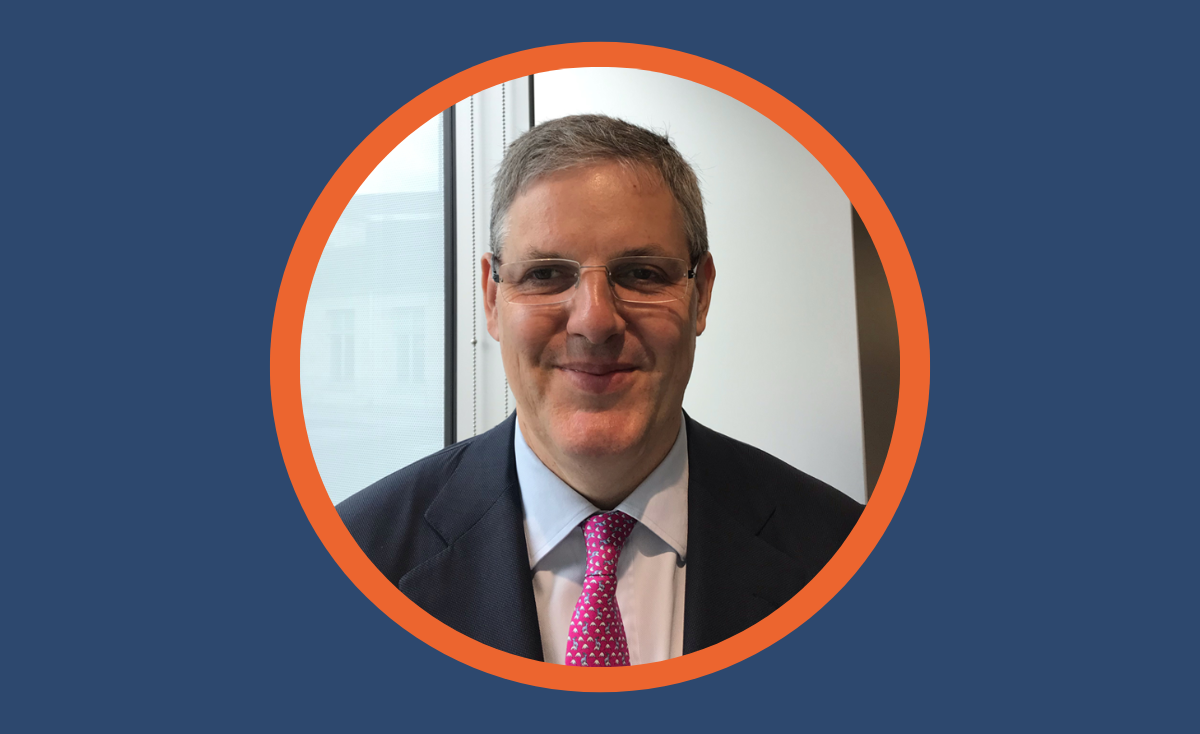
Simon Rich: It is fair to say that it has changed an awful lot over the course of the year and for context we are a pure life company, as opposed to having non-life exposures. So, our flows are generally a little more predictable.
We started the year with the majority of our money in govvies, where we were willing to take a little bit of duration and took the view that we could repossess things if we had a sudden liquidity need.
“We started the year with the majority of our money in govvies.”
In the middle of the year, we moved almost exclusively into money market funds.
As the year has gone on, the money market funds, both prime funds and govvie fund yields have plummeted and so we are now mixed between money market funds for immediate access, however, we also have a significant amount in reverse repo where we can get greater yields than we currently can with money market funds.
Simon: This is an area where it doesn’t matter philosophically whether you are life, non-life or composite, etc. When you are the central liquidity fund you are the last resort within the group and where people need to come in times of stress.
When you think of the priorities for the management of a fund, the fact that the money will be there when it is needed is certainly ahead of any considerations of the yield that you are able to earn.
“We are actively thinking about what we can do, but we are clear that we
are not willing to go down the credit curve.”
That is not to say that one ignores yield, we are actively thinking about what we can do, but we are clear that we are not willing to go down the credit curve in what we invest in or take more risk.
The furthest we might potentially go is in the collateral set on repos or something like that to enhance the yield that way.
In terms of negative yields, fortunately we are a dollar company and whilst we have got close, we haven’t yet crossed that barrier. That being said, you have your considerations so we would if we had to.
Simon: Intraday is important; philosophically we do not like unsecured cash with banks, and it is important for us to keep our money in money market funds or reverse repo.
This will occur at a specific point in the day we need to make sure that we get the funds in.
When we have inflows coming in during the day, we will very much take a look and see what would happen if they didn’t come in on time and therefore, we end up with an unsecured exposure and will try and manage those limits down.
In terms of what is happening in cash management more generally, we are seeing changes in money market funds.
“The stresses and volatility that has occurred this year is going to feed
through into all of our stress liquidity assessments.”
In the US, who are at the head of it, a lot of people are closing prime money market funds because they just aren’t making money there, they have had to first give up fees and then just shutter them. There is more of a focus on keeping govvie funds open.
This hasn’t come to Europe yet, but I would think it will as we tend to follow what happens in the US and the big global providers are generally the same.
We are going to find over time that there are going to be fewer funds with higher fees, so it is going to be less attractive for us.
The stresses and volatility that has occurred this year is going to feed through into all of our stress liquidity assessments and we are going to have to hold more cash as a result.
Simon: Technology is a big point. We are all going to look to be more efficient in what we do, and you are seeing more joined up regulation around the world. We are currently going through all the new rules for initial margin and variation margin.
“There will be a sense of conservatism for a period that will
pervade the industry generally.”
People will also stand back and learn the lessons from this time, the initial margin and variation margin rules came out of the great financial crisis and people saying that we want to understand what the derivative positions are.
Last time we saw that regulators wanted the cash in their jurisdiction although group regulation is fine to a point.
We will see some trends where people are worried about risks so need more buffers, less money is kept with individual counter parties and there will be a sense of conservatism for a period that will pervade the industry generally.